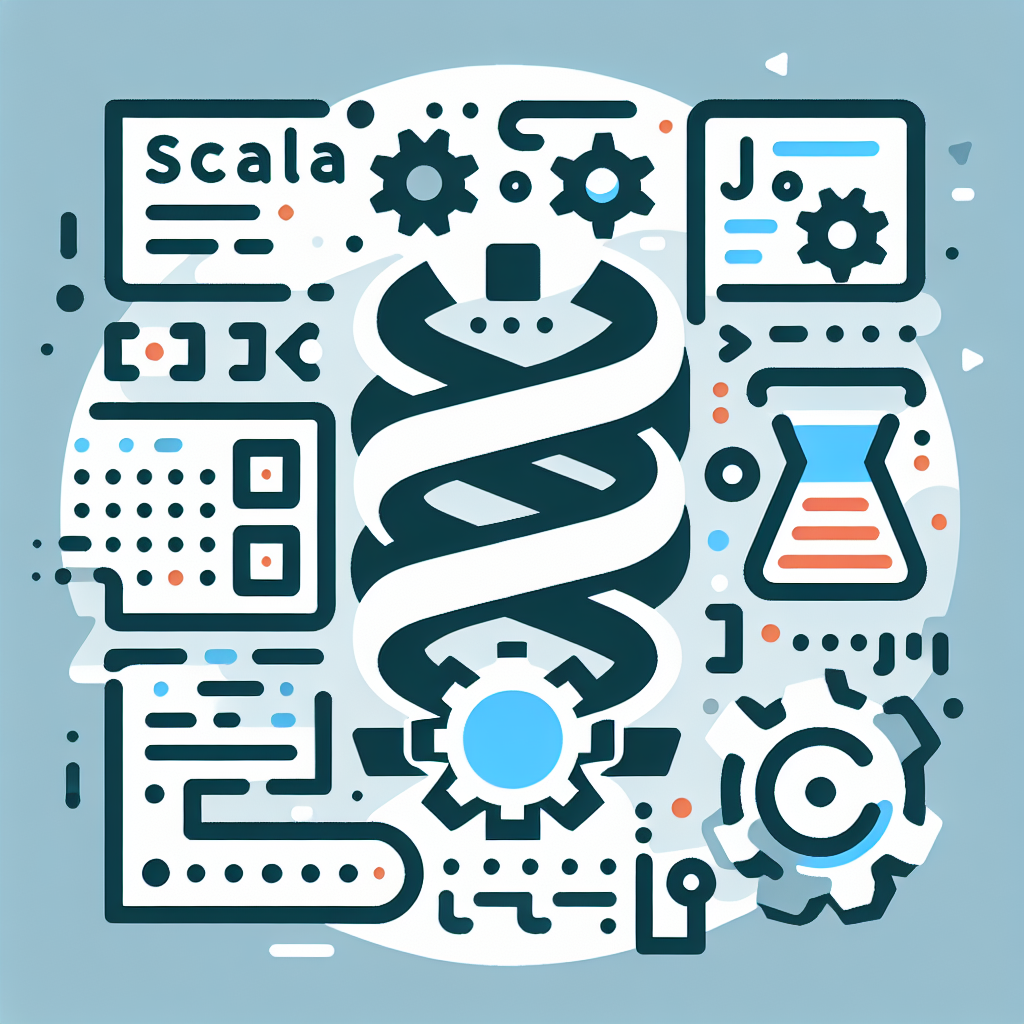Convert Scala to Java Effortlessly: Try Our Tool Now!
Effortlessly convert Scala to Java with our intuitive tool. Boost productivity and streamline code translation. Try it now for seamless Scala to Java transformation!
Source Code
Converted Code
Output will appear here...
The Scala to Java Converter is an efficient tool designed to seamlessly transform Scala code into Java, enhancing interoperability and code maintenance. Ideal for developers transitioning projects or integrating Scala features into Java environments, this tool ensures accuracy and speed. Boost productivity by simplifying cross-language development and ensuring compatibility across your software ecosystem.

Scala to Java Conversion Tool Link to this section #
Efficiently converting Scala code to Java can be crucial for developers working between these languages. This tool offers automated translation, maintaining code functionality and structure, and is particularly beneficial in mixed-language projects or when migrating Scala applications to Java environments.
Features Link to this section #
- Automated Code Translation: Convert Scala syntax into equivalent Java code with precision.
- Syntax Mapping: Translate Scala-specific constructs like
case classesandpattern matchinginto Java-compatible alternatives. - Type Conversion: Handle Scala's type system, converting to appropriate Java types.
- Error Checking: Built-in tools to identify and correct common conversion errors.
- Integrated IDE Support: Use within popular development environments for seamless workflow integration.
Benefits Link to this section #
- Consistency: Ensure codebase consistency by translating entire modules from Scala to Java.
- Performance Optimization: Leverage Java's performance advantages in certain scenarios.
- Interoperability: Enhance interoperability between Scala and Java components in a project.
Example Conversion Link to this section #
Here's a basic example of Scala code and its Java equivalent:
Scala:
object HelloWorld {
def main(args: Array[String]): Unit = {
println("Hello, Scala!")
}
}
Java:
public class HelloWorld {
public static void main(String[] args) {
System.out.println("Hello, Scala!");
}
}
Additional Resources Link to this section #
For more complex conversions or troubleshooting, refer to Scala to Java Interoperability Guide to understand the nuances of working across these languages effectively.
Frequently Asked Questions
What are the main differences between Scala and Java?
Scala is a hybrid functional programming language that supports both object-oriented and functional programming paradigms, while Java is primarily object-oriented. Scala's concise syntax and advanced features like pattern matching and higher-order functions offer more flexibility and brevity compared to Java's more verbose style.
Can Scala code be converted to Java?
Yes, Scala code can be converted to Java, but it may require significant effort to translate Scala's functional constructs and idioms into equivalent Java code. Automated tools can assist in some cases, but manual adjustments are often necessary for complex logic and to maintain code readability.
Is it possible to use Scala and Java together in the same project?
Yes, Scala and Java can be used together in the same project. Both languages run on the Java Virtual Machine (JVM), which allows seamless interoperability between them. Developers can call Java code from Scala and vice versa, leveraging the strengths of both languages.